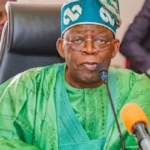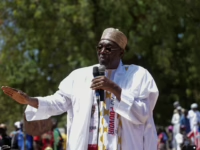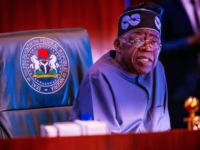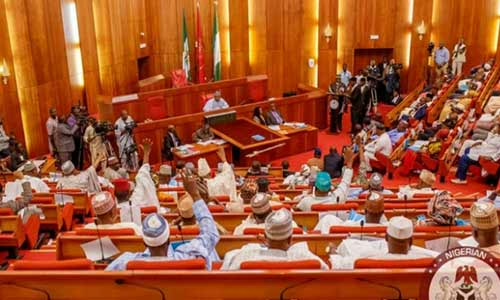In preparation for the 2027 general elections, both the Senate and the House of Representatives have put forward a recommendation to hold the presidential and gubernatorial elections in November 2026, rather than the traditional February or March of the election year.
This suggestion is part of a draft bill proposing several amendments to the 2022 Electoral Act. It stipulates that elections for these key offices should take place no later than 185 days before the current officeholders’ terms end on May 29.
The proposed changes were unveiled during a one-day public hearing convened by the joint Senate and House committee on Electoral Matters. Alongside the election timeline adjustment, the draft includes a range of significant reforms.
Many participants at the hearing advocated for the introduction of electronic voting systems and the digital transmission of election results to enhance transparency and efficiency.
Specifically, the draft’s Section 4(7) mandates that elections for the President and State Governors must occur at least 185 days prior to the expiration of the incumbent’s tenure. Calculating backward from May 29, 2027, this places the election date in November 2026, as the period from December 1, 2026, to May 28, 2027, spans 180 days.
For legislative elections, Section 4(5) of the draft states that elections for the National Assembly and State Houses of Assembly should also be held no later than 185 days before the dissolution of each legislative house.
To address constitutional constraints, the joint committee’s draft explains that sections 76, 116, 132, and 178 of the Constitution are proposed to be amended to transfer the authority for setting election timelines from the Constitution to the Electoral Act itself.
Honorable Adebayo Balogun, Chairman of the House Committee on Electoral Matters, clarified that scheduling elections six months before the end of incumbents’ terms is intended to allow sufficient time for resolving election disputes before the inauguration of winners.
He further noted that amendments will be made to sections 285 and 139 of the 1999 Constitution to facilitate this change.
“To ensure all election-related litigations are concluded before swearing-in, we propose reducing tribunal judgment periods from 180 to 90 days, appellate court decisions from 90 to 60 days, and ensuring the entire process does not exceed 185 days,” Balogun explained.
Additional reforms in the draft include provisions for early voting, outlined in Section 2, which designates a date for early voting no later than 14 days before the main election day.
Eligible early voters include security personnel, electoral commission staff, accredited domestic observers, journalists, and ad-hoc commission workers.
Other notable proposals involve mandatory electronic transmission of election results and making the use of Permanent Voter Cards optional.
Section 60(5) of the draft mandates that presiding officers must transmit election results, including the total number of accredited voters, both electronically and manually. It also criminalizes the distribution of unstamped ballot papers and result sheets, with penalties including up to one year imprisonment, a fine of N1 million, or both.
Representatives from various stakeholder groups, including Professor Abdullahi Zuru of the Independent National Electoral Commission (INEC), expressed support for the joint committee’s recommendations during the public hearing.






















